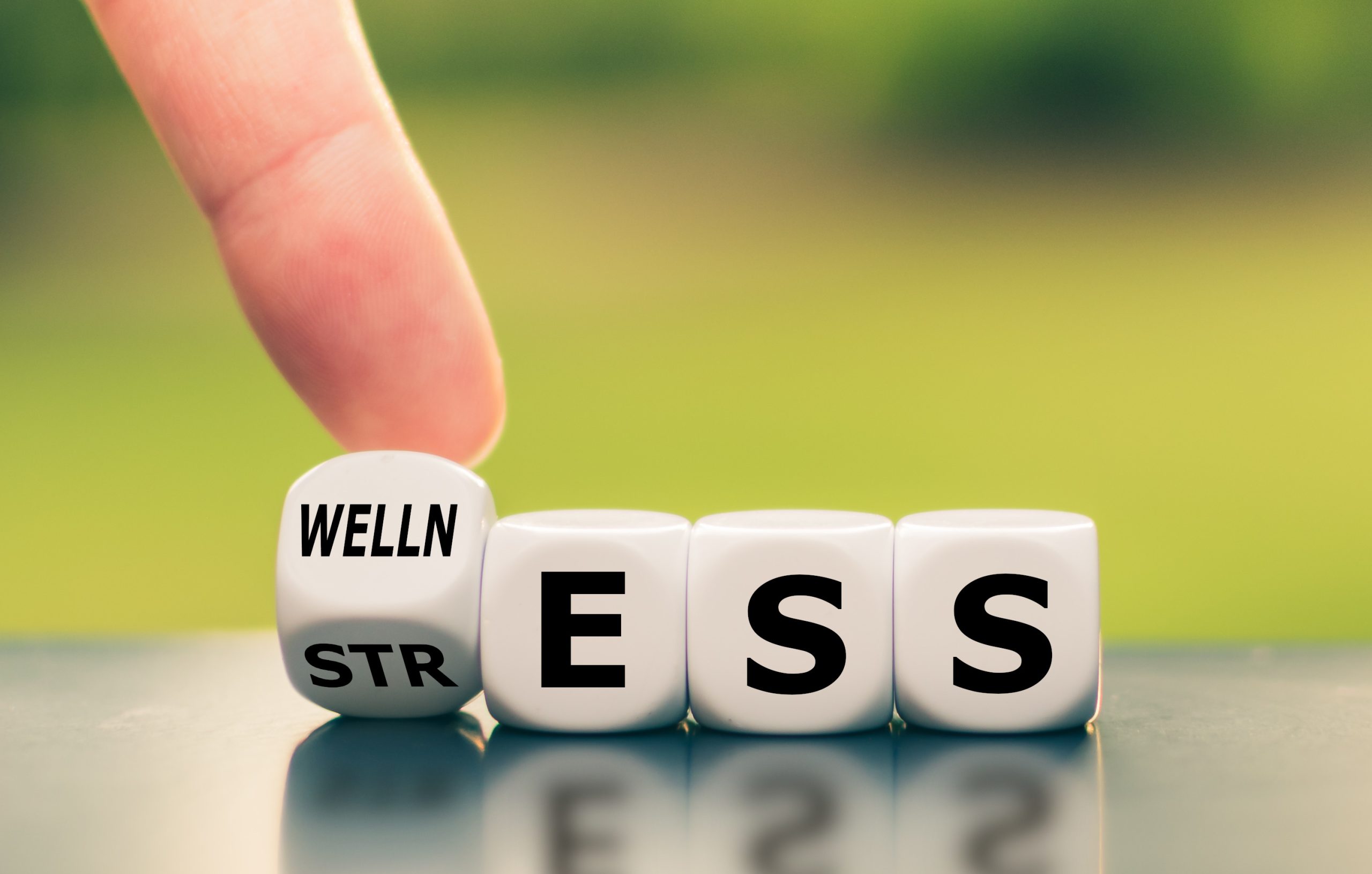Many of us have had a hard time dealing with the changes the pandemic introduced into our lives. From travel restrictions, job losses and quarantines to lockdowns and not being able to be with our loved ones – things are really hard right now.
A KFF tracking poll recently reported that the stress of the coronavirus has caused about 40% of adults to report symptoms of anxiety or depressive disorder. This is a huge jump from before the pandemic when this number was closer to 10%.
People also reported having trouble sleeping (36%), eating (32%) as well as increased alcohol consumption or substance abuse (12%), and the worsening of chronic health conditions (12%).
With all that in mind, here are a few practical tips that have been proven to reduce stress and improve mood:
- Keep a routine. During times of stress and uncertainty, having a routine gives us a sense of control. Try making a list of the things you want done. Structure your day around the tasks you want to accomplish, and make sure to include time for self-care!
- Get your creative juices flowing. Studies have shown that people with interests and hobbies are less likely to suffer from stress, low mood and depression. So, if you have some time, take up something new like painting, 3D printing, brewing beer, knitting, baking bread, building models or even try writing a book.
- Belly Breathing (also known as diaphragmatic breathing) Belly breathing is one of the easiest and most basic ways to relax.
- Why it Works: By breathing deeply and slowly, your body sends a message to your brain to calm down.
- The benefits: Deep breathing helps stop the release of the stress hormones cortisol – and has been shown to help manage everything from insomnia to depression and anxiety, and even Irritable Bowel Syndrome.
- What to do
- Sit in a comfortable position & relax your shoulders.
- Put 1 hand on your belly & the other hand on your chest.
- Take a deep breath in through your nose, and let your belly fill up with the air ( Tip: your inhale should push your hand on your belly out, not the hand on your chest).
- Then, breathe out slowly through pursed lips, almost as if you were whistling.
- Take your time, and do this exercise 7- 10 times in a row.
OR – if you prefer, let the experts guide you using FREE apps such as Insight Timer, The Mindfulness App, or Relax Now.
- Find new ways to stay connected. Connections are key to human happiness. Even though the pandemic is dragging on, it’s important to continue to focus on social connections. Aside from phone calls, emails and video chatting, here are a few ideas to try:
- Cook a virtual dinner with a friend. Decide on a recipe, and both buy the ingredients ahead of time. Then, cook dinner together over video chat.
- Play charades over video chat. This always ends up being more fun than you expect.
- Host a virtual happy hour or a virtual book club
- Play scrabble with your friends using ‘Words with friends’ or a scrabble app
- Get moving. Exercise is scientifically proven to boost mood and reduce stress thanks to the ‘feel good’ endorphins it releases. Regular physical activity is also linked with a better night’s sleep. If you’ve been wanting to start exercising, but haven’t yet made the leap, now is the perfect time to start!
- Don’t be afraid to reach out to others for help. We are all going through this together and are here for each other. It’s been shown that helping others actually makes the helper feel good too. So if you ask a friend for help – it might just make both of you feel better!
About Mail Order Meds:
Since 2018, MailOrderMeds has been here to provide Americans with a safe and affordable alternative to high-priced medications. We use our 20 years of expertise to ensure you are receiving the service you deserve. Your health and wellbeing will always be our top priority.
Before you pay out of pocket for your prescription medication, compare prices at www.mailordermeds.com/products I We make it easy and simple www.mailordermeds.com/new-order I Reach out to us www.mailordermeds.com/contact.
You never ordered from us? Use coupon BL25 to save 25% on your first order!
We are here to help. Mail Order Meds www.mailordermeds.com/about.






Leave A Comment